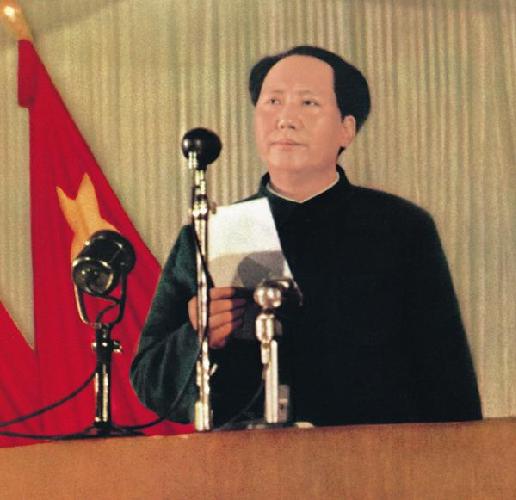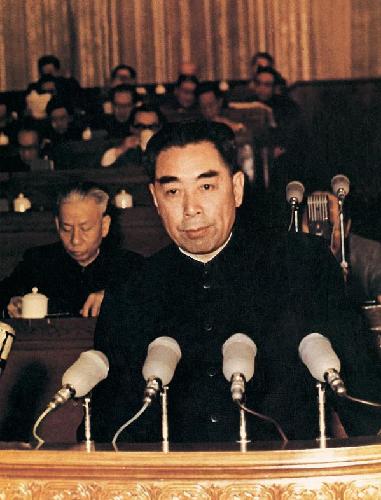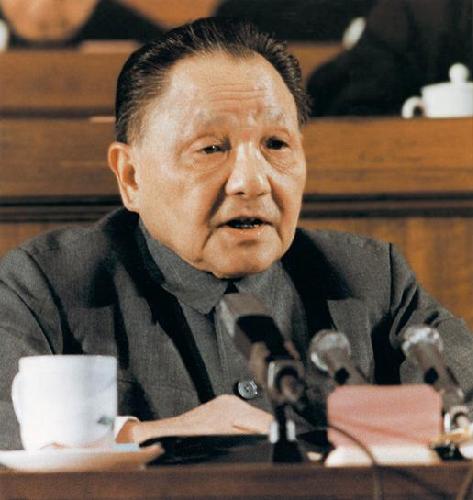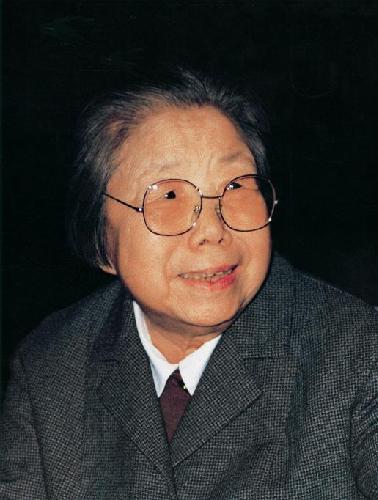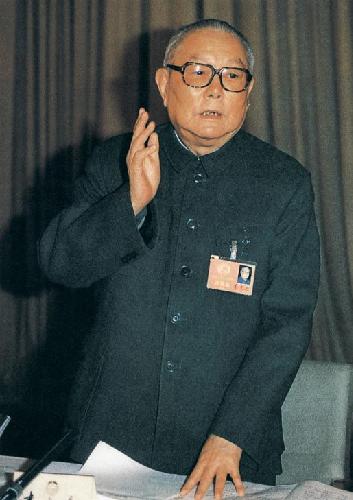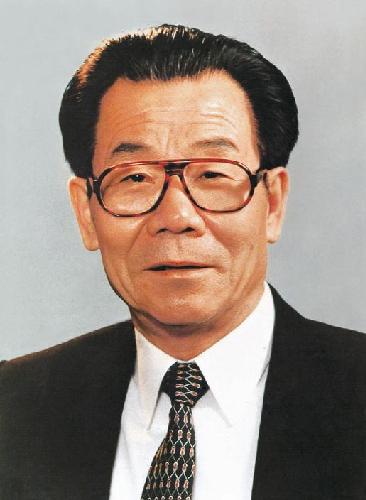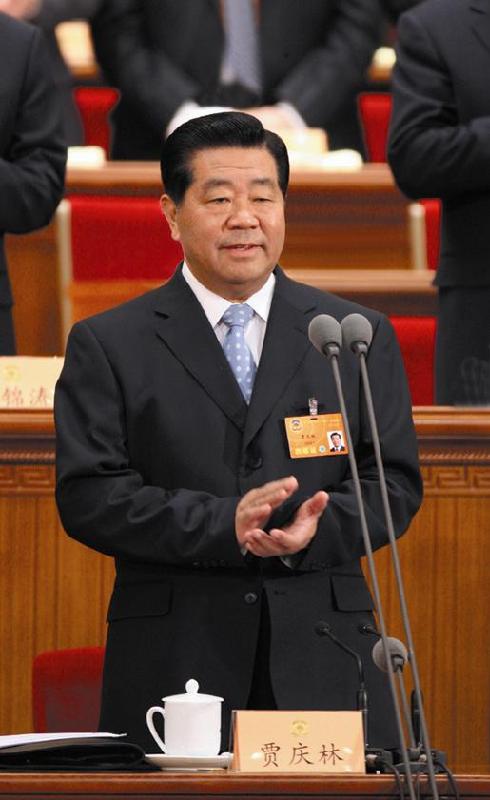A Brief History
http://www.cppcc.gov.cn 2012-07-03
font size:[big][middle][small] print close
|
The Chinese People’s Political Consultative Conference (CPPCC) is a great creation of the Communist Party of China (CPC) which combines the Marxist-Leninist theories on united front, political party and democracy with China’s concrete practice. It is also a great achievement of the CPC which stands together and works hard in unity with all democratic parties, mass organizations and personages from all ethnic groups and various sectors of society. Held on September 21, 1949 in Peiping (now Beijing), the First Plenary Session of the CPPCC was attended by representatives from the Communist Party of China, all other democratic parties, personages without party affiliation, mass organizations, regions, the Chinese People’s Liberation Army, ethnic groups, overseas Chinese and other patriotic democrats. The session exercised the functions and powers of the National People’s Congress (NPC) and represented the will of the people of the whole country It adopted a provisional constitution titled the Common Program of the CPPCC, the Organic Law of the CPPCC and the Organic Law of the Central People’s Government of the People’s Republic of China. It selected Beijing as the capital of the People’s Republic of China, made the five-star red flag the national flag, chose the March of the Volunteers as the national anthem and decided that China should adopt the Gregorian calendar. The session also elected the First National Committee of the CPPCC and the Central People’s Government Council of the People’s Republic of China. It proclaimed the founding of the PRC and turned the first page in the history of New China. After the founding of PRC, as a united front and consultative organization, the National Committee of the CPPCC and its Standing Committee played an important role in frequent consultations on the implementation of the state’s general principles and made great contributions to restoring and developing the national economy, consolidating the newly emerged people’s political power, assisting the government in carrying out social reforms and expanding the people’s democratic united front. The First Session of the First National People’s Congress was held in September 1954. It adopted the Constitution of the People’s Republic of China. In December of the same year, the CPPCC Charter was passed at the First Session of the Second National Committee of the CPPCC. The Charter states that the Common Program has been replaced by the Constitution and that the Plenary Session of the CPPCC will no longer exercise the functions and powers of the NPC. But the CPPCC will continue to exist and play the role of a united front organization. After the First Session of the Second National Committee of the CPPCC, local committees of the CPPCC were established respectively in all provinces, autonomous regions and municipalities directly under the Central Government. For over 10 years from 1955 to 1966, the CPPCC played a very important role in uniting the people of all ethnic groups as well as all patriotic forces, promoting people’s democracy, enlivening the country’s political and social activities and mobilizing all positive factors to serve China’s development. When China entered a new period of reform, opening up and drive for modernization in 1978, the CPPCC also entered a new period of development. Concentrating on promoting reform, opening up, modernization and the reunification of the motherland, CPPCC committees at all levels took the initiative to deliberate on state affairs, offer advice, maintain social stability and unity, cement ties with compatriots from Hong Kong, Macao and Taiwan as well as overseas Chinese, and increase the understanding, exchanges and cooperation with all the countries and their peoples in the world. They played a crucial role in China’s political, economic, cultural and social activities. In the new century and the new stage of development, China’s united front has further expanded and become the broadest possible patriotic united front composed of all socialist workers, builders of the socialist cause and patriots who support socialism and the reunification of the motherland. The CPPCC has also become a patriotic united front organization, including the above personages and representatives from all political parties, mass organizations, ethnic groups and various sectors of society. It conscientiously implements a set of major strategic concepts, such as the Scientific Outlook on Development and building a socialist harmonious society put forward by the CPC Central Committee. On the basis of carrying on its fine traditions and working experience, it blazes new trails in a pioneering spirit, continues to explore new ways and displays new dynamism in its work. The more than 50 years of CPPCC’s extraordinary development can be boiled¬ down to two themes: unity and democracy. The unity and democracy led by the CPC are an embodiment of the nature of the CPPCC, the historical and realistic basis for the emergence and development of the CPPCC and the direction and mission of the CPPCC to carry forward the revolutionary cause and forge ahead into the future. The CPPCC will play an increasingly important role in developing the great cause of building socialism with Chinese characteristics and achieving the great rejuvenation of the Chinese nation.
Mao Zedong
Zhou Enlai
Deng Xiaoping
Deng Yingchao
Li Xiannian
Li Ruihuan
Jia Qinglin |
